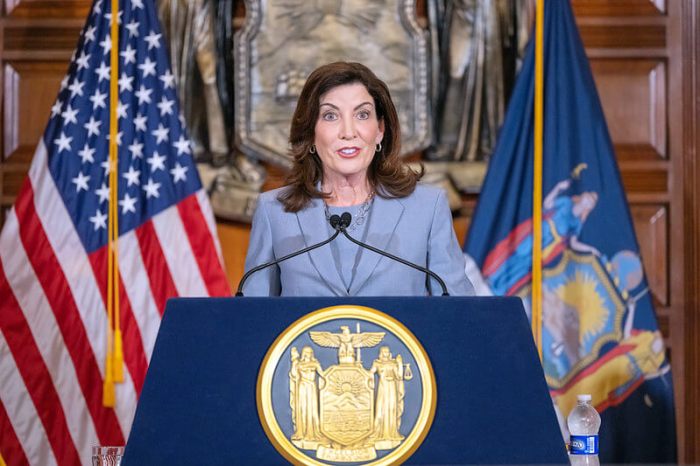The day my father died from prostate cancer — Jan 11, 2011 — is the day I decided that no family should ever experience the same pain. That day everything changed for me. I had worked for seven years at an organization whose sole focus is end-of-life care, yet I had not had even one conversation with my father about his end-of-life wishes. It was truly a wake-up call, an eye-opening experience I hope I never have to repeat.
Imagine sitting in a hospital room with your unresponsive father, your five siblings on one side of the bed, and his new wife and her five children on the other side. People on both sides thought they were best equipped to speak on my father’s behalf. The sad reality is that none of us — not one of the 12 people in that room — had a clue about what he wanted. He had no advance directive, had never had a serious conversation about his end-of-life wishes, not even with me, an end-of-life care advocate.
Since that fateful day three-and-a-half years ago, I have learned that horrible situations at the end of life are far too common in this country, especially in the African-American community.
Unlike many of the other disparities that impact the African-American community, this is one we have more control over. It starts with having a conversation. Unfortunately too many of us are not having that discussion. In fact, 20 percent of African-Americans have not talked to anyone about their end-of-life care wishes, according to research conducted in 2003 by the Duke Divinity School and the National Hospice and Palliative Care Organization (NHPCO).
African Americans underuse palliative and hospice care. They make up only eight percent of patients who participate in hospice care. At the same time, white Americans make up about 83 percent. Far too often, people associate hospice with “giving up” and “the place one goes to die.” That is just not the case; hospice actually fosters good end-of-life care, and the earlier the patient accesses these services, the better off he or she is. Palliative and hospice care are one of the best ways to ensure a good death, whatever that may mean to each individual.
African Americans’ end-of-life choices are also influenced by the importance of spirituality. As the New Living Translation of the Bible (Proverbs 27:12) says, “A prudent person foresees danger and takes precautions. The simpleton goes blindly on and suffers the consequences.” Being prepared is not disrespectful to one’s religious faith and personal beliefs.
At the end of life, African Americans are no different than anyone else in this country. We die too. We also want autonomy, choice and peaceful life endings. We must step up as a community and start thinking and talking about end-of-life decisions, because without it we suffer.
Death is inevitable, so whether you want every treatment option available or none at all, it’s imperative to make sure it is clear to those who matter. Anyone can start this process by calling Compassion & Choices’ toll-free end-of-life consultation service, 800.247.7421, and visiting our website, www.CompassionAndChoices.org, where one can access state-specific advance directives and the Good-to-Go Tool Kit, all free of charge.
The most loving thing you can do is to make your wishes known to your loved ones, officially in writing as well as through candid discussions. If I had the foresight to discuss my father’s choices with him, we could have spent his last days honoring his life instead of fighting over his death.
Brandi Alexander is the regional campaign & outreach manager for Compassion & Choices, the nation’s leading end-of-life choice advocacy organization.






















